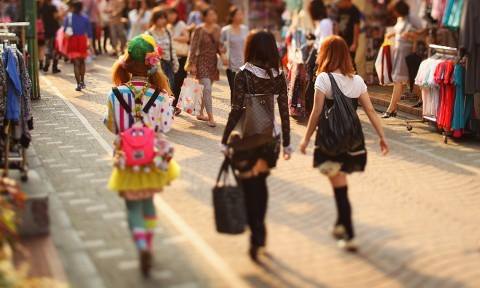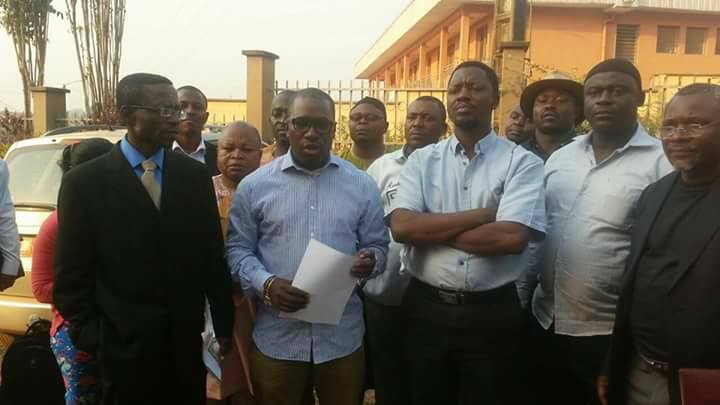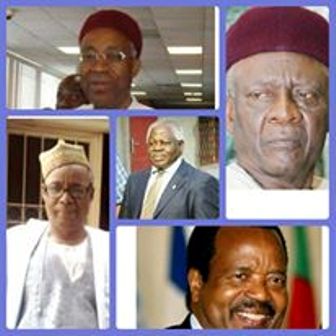Opportunity Making: No more dependence on political will deficiencies from the government by the poor
“Please do not ask me what being poor is because you met it outside my house. Look at my house and count the number of holes. Look at the utensils and the clothes I’m wearing. All that you see is poverty” (WDR, 2000/2001, p. 3).
The above quote articulates an understanding of rural and urban poverty in Cameroon and Africa at large. In recent years and in most publications I have come across with regards to issues of governance and poverty, much of the synthesis are rather problem-oriented (identifying causes and consequences) instead of action. Identifying these problems are very good, but hoping the government or the administrative authorities will find solutions is not a better way, to begin with when dealing with issues of governance and poverty. This is because as it is, our administration is failing in all ramifications. If we keep identifying these political-will problems, we are prone to become ever depressing cause the political authorities will keep making their empty promises to win their votes. In this case, it becomes evident that nothing will work for the citizens unless there is a “complete change in the entire system”. What if the change never comes? Are we going to keep waiting? We ought to take it as one of those life’s challenges and make our moves that will benefit everyone and inherently will improve our welfare and economic conditions.
A search for opportunities by the rural poor, urban poor, the youths and the citizens as a whole may not only generate an agenda for action and development but can culminate to opportunity making which will benefit everyone including generations yet unborn. In doing so, at the local level, the first step can be strengthening and or creating livelihoods; Millions of CFAs mustn’t be involved in creating such livelihood opportunities, what becomes paramount for success in such activities are the passion, willingness, determination, creativeness, and the ability to take risks or to dare into certain productive ventures. I realized what kills the aspirations to make a living by our youths is the inability to “take risk” and to “dare”. If we can overcome these fears, no matter the start-up capital at hand, we will eventually succeed.
In this regard, since it has become evident that the rural poor and the youths who constitutes a bulk are to independently fight for their survival in Cameroon, folding their arms and waiting for a “miracle” by the government only worsens their conditions. I, therefore, glamour for investment in self-help activities; which can be very productive depending on inputs from the individual or persons involved. The following are some proposed self-help strategies to begin with;
1. First, identifying their resourcefulness and strength (their skills and creativity). Through seminars and workshops, the poor will be drilled on self-reliant skills focusing on the bottom-top participatory development approach; which involves giving the poor the opportunity to make decisions affecting them that is identifying their needs and prioritizing these needs in order of importance and meeting these needs from the most pressing to the least.
2. A collective action will increase awareness of the need to create an ideal society for all both present and generations to come with an emphasis on collective sustainable development which involves meeting the need of the present without compromising the ability of future generations to meet their own needs.
3. Advocating for patience and encouraging these poor people to be ambassadors of their communities by getting them involved in political actions, civic engagements, food and income justice manifestations, health care reform hearings, community assemblies, will empower them and make their voices heard.
4. Setting up of community-based organisations and common initiative groups with a common goal to reach out for themselves through lobbying for their rights, savings and more importantly carry out income generating livelihood activities like piggery, poultry, snail, bee farming, etc will enhance self-employment.
The aforementioned ways are not exhaustive. There could be other proposals to help the rural poor and the youths because they ought to be encouraged to believe in their capabilities as well as they need people who believe in them and can provide positive supports.
By Gerald AKAME
BaretaNews, Social Analyst





